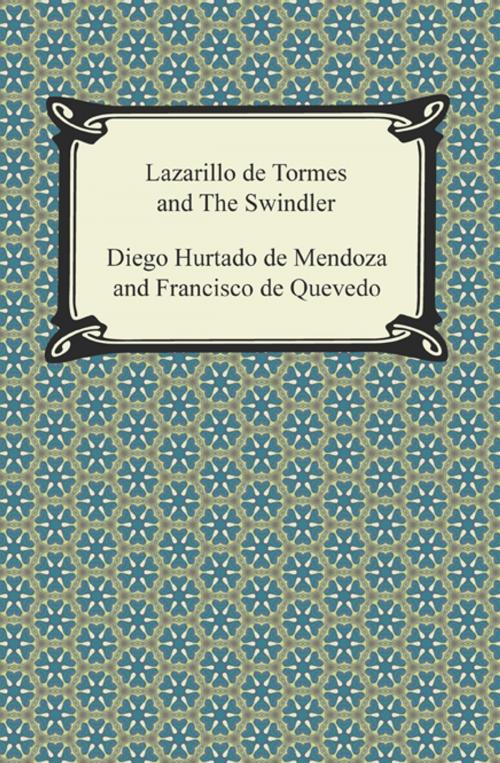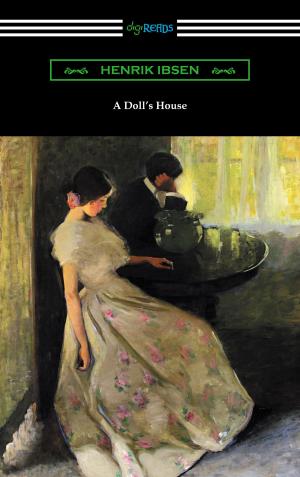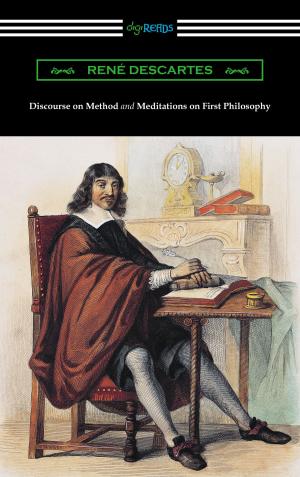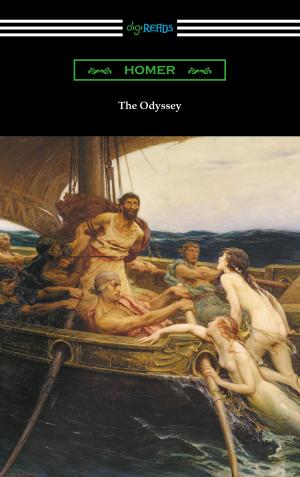| Author: | Diego Hurtado de Mendoza, Francisco de Quevedo | ISBN: | 9781420948066 |
| Publisher: | Neeland Media LLC | Publication: | December 15, 2009 |
| Imprint: | Digireads.com Publishing | Language: | English |
| Author: | Diego Hurtado de Mendoza, Francisco de Quevedo |
| ISBN: | 9781420948066 |
| Publisher: | Neeland Media LLC |
| Publication: | December 15, 2009 |
| Imprint: | Digireads.com Publishing |
| Language: | English |
Combined in this volume are two famous Spanish picaresque novels, Diego Hurtado de Mendoza's "Lazarillo de Tormes" and Francisco de Quevedo's "The Swindler." "Lazarillo de Tormes" portrays the clever ploys of a young Salamancan boy determined to outsmart his long string of masters. This Spanish novella was first published in 1554, during the Spanish Inquisition, by an author who wished to remain anonymous due to the work's heretical content. Scholars now attribute the authorship to Diego Hurtado de Mendoza. Young Lazarillo is an improbable hero of his time, for he comes from a poor and multiracial family who desperately apprentice him to a blind beggar after committing a crime. Lazarillo soon proves himself to be resourceful and resistant to the corrupt clergymen he must serve. Quevedo's "The Swindler" chronicles the adventures of Don Pablos, a buscón or swindler, who aims in life to learn virtue and to become a caballero, or gentleman, both of which he fails miserably at. The work is a notable piece of satire that criticizes not only Spanish society but the protagonist Pablos himself. His ambition to elevate his status to that of a gentleman is, in Quevedo's opinion, unobtainable; as such aspirations from the lower classes would only destabilize the social order. Together these novels represent some of the first and best examples of the popular tradition of picaresque novels in Spanish literature.
Combined in this volume are two famous Spanish picaresque novels, Diego Hurtado de Mendoza's "Lazarillo de Tormes" and Francisco de Quevedo's "The Swindler." "Lazarillo de Tormes" portrays the clever ploys of a young Salamancan boy determined to outsmart his long string of masters. This Spanish novella was first published in 1554, during the Spanish Inquisition, by an author who wished to remain anonymous due to the work's heretical content. Scholars now attribute the authorship to Diego Hurtado de Mendoza. Young Lazarillo is an improbable hero of his time, for he comes from a poor and multiracial family who desperately apprentice him to a blind beggar after committing a crime. Lazarillo soon proves himself to be resourceful and resistant to the corrupt clergymen he must serve. Quevedo's "The Swindler" chronicles the adventures of Don Pablos, a buscón or swindler, who aims in life to learn virtue and to become a caballero, or gentleman, both of which he fails miserably at. The work is a notable piece of satire that criticizes not only Spanish society but the protagonist Pablos himself. His ambition to elevate his status to that of a gentleman is, in Quevedo's opinion, unobtainable; as such aspirations from the lower classes would only destabilize the social order. Together these novels represent some of the first and best examples of the popular tradition of picaresque novels in Spanish literature.















